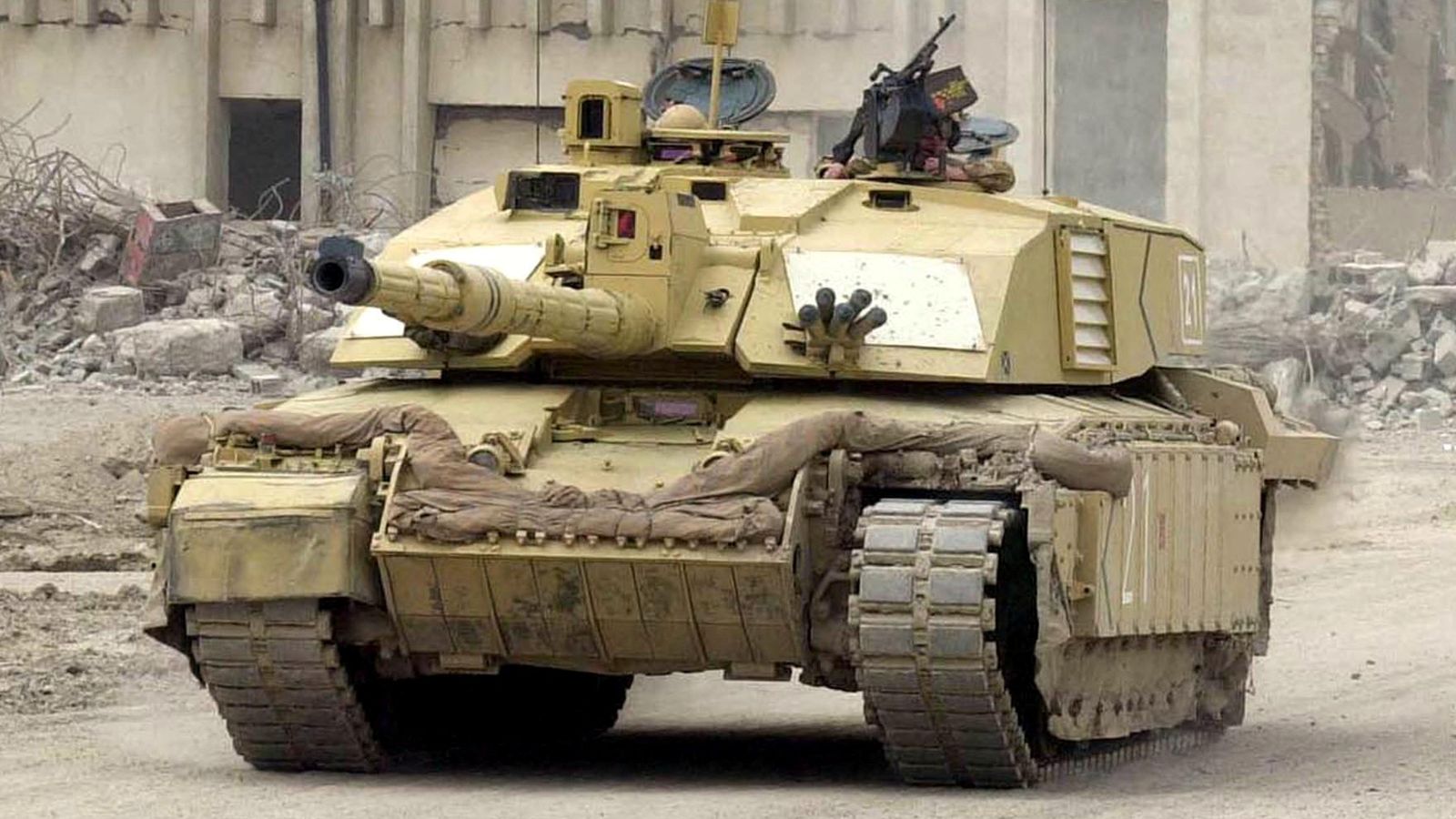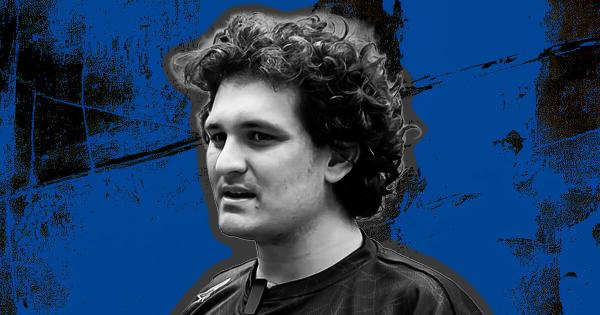Talk to enough of the delegates gathered here in the Swiss town of Davos and the impression you pick up is a palpable sense of relief.
They’re relieved that the World Economic Forum (WEF) is finally meeting again – in person.
They’re relieved that the global economy seems to have shaken off much of the impact of COVID and relieved that life seems almost to be returning to normal.
Except, say those in the Ukrainian delegation, this is precisely the wrong lesson to take.
They point out that barely a thousand miles from the chalets and hotels where the world’s rich and influential are meeting, Europe is fighting its most serious war since 1945.
They point out that assuming the world is returning to normal is precisely the lesson the Russians want the West to take – that Vladimir Putin is banking on Europe getting tired of the economic sacrifices involved with waging financial war on the Kremlin.
They point out that there has rarely been another moment when they have been more in need of the West’s help.
Davos is such an enormous event with so many varying strands of different activities, so many separate events and meetings and such a diverse guest list, that there is rarely a single narrative for each day, let alone the event as a whole.
Even so, this first day of the 2023 WEF was dominated, once again, by the war in Ukraine.
Please use Chrome browser for a more accessible video player
The very first address of the meetings came from the Ukrainian First Lady, Olena Zelenska, who said the delegates at Davos were not doing enough to help her country.
The country’s deputy prime minister, Yulia Svyrydenko, told Sky News that while she welcomed the UK’s recent decision to send tanks to the country, she was hoping for more help from other nations.
She said: “We are grateful for our partners and for the UK, who are among the countries that will provide us with heavy weapons – tanks, everything that we need to obtain the victory during this year.”
Asked about Germany, which has prevaricated over sending tanks to Ukraine, she added: “I hope that they will make the right decision, and provide us with tanks. We hope that they will follow your example.”
The Ukraine conflict is not the only item on the agenda at the forum this year, but it, and its economic implications, including the energy price spikes which have fuelled a cost of living crisis throughout much of the world, dominate much of the discussion in this Swiss mountain town where the world’s rich and influential meet.
However, according to one influential Putin critic, Bill Browder, the forum has conspired to make it tougher for campaigners like him to get their voices heard.
Read more:
Sending Ukraine tanks weakens UK forces, says Army’s top general
James Cleverly aims to persuade US and Canada to send tanks to Ukraine
He had hoped to spend much of the week making the case that billions of pounds of frozen Russian money, held in central banks including the Bank of England, should be released and given to Ukraine to aid its defence and reconstruction.
However, he told Sky News that the forum had attempted to charge him $250,000 to be a formal delegate this year, meaning he has had to work from the sidelines of the event.
“You could buy a small house in America for $250,000,” he said.
“I’m a human rights activist. They wanted to charge me that much money to enter their conference hall. What does that say about them?
“Well, it says that this is a total profit maximising organisation, and that their motto – ‘committed to improving the state of the world’ – is complete nonsense.”








